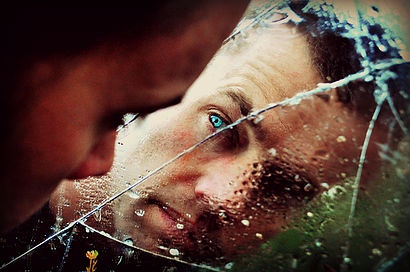Black eyes can happen almost anytime and anywhere: the kids were playing basketball and Jimmy took an elbow to the face, Mom got hit with the door because she was walking in as Dad was walking out. Regardless of how it happened, what most people don't realize is that black eyes should be evaluated by your eye doctor within 24 hours.

The black eye is so common that many people don’t think it's worthwhile or necessary to get it evaluated, unless there are major symptoms like double vision or loss of vision. This is a common misconception, but a dangerous one. An orbital contusion, or black eye, can result in a detached retina, broken orbital bones, uveitis, hyphema, conjunctival laceration, and other serious conditions.
Symptoms
The discoloration of tissue to blue, purple, black and orange is one thing, but you should also look out for:
- pain in or around the eyes
- decreased vision
- flashes of light or floaters
- blood in the white or any part of the eye
- headaches
- light sensitivity
- inability to move your eye in a given direction
- double vision
Treatment
The doctor may order tests like X-Rays if there is any suspect of broken bones, however the treatment is usually much simpler. Typically treatment involves rest, alternating hot and cold compresses with a washcloth to improve circulation, and elevation to keep blood from pooling in one area of the face. Just make sure to get it checked out!


